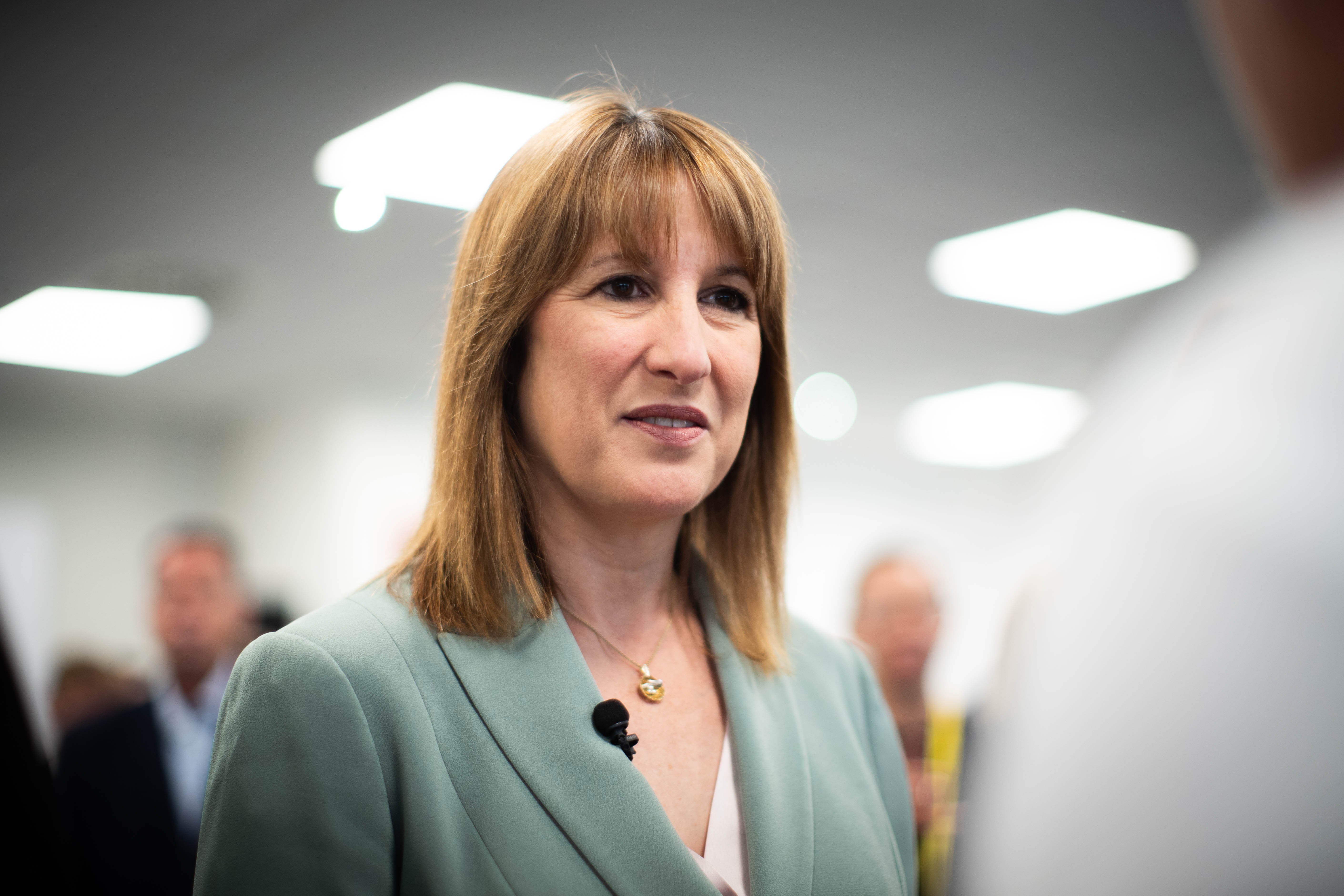Families in Britain are tens of thousands of pounds worse off due to two decades of sharply declining living standards, a damning new report have revealed.
A typical household today would be £20,000 richer had incomes continued at the rate of growth trending in 2005, the findings from the Resolution Foundation show.
The influential think tank finds that incomes for working-age families have grown only seven per cent over the past 20 years. Meanwhile, essentials like energy, food, and rents have risen by as much as 120 per cent over the same period.
This level of stagnation is “unprecedented in modern times,” the foundation says, publishing its findings on its 20th anniversary.
From 1995 to 2005, growth was recorded at 35 per cent. Had this continued, the typical family income today would be £51,000, but is instead £31,000.
This would equate to £394 extra every week for the average worker.
The level of income growth has varied between groups, with pensioner incomes growing by 21 per cent, and owner-occupiers by 14 per cent. Meanwhile, the incomes of working-age families in private rented accommodation have increased by just four per cent.
Ruth Curtice, chief executive of the Resolution Foundation, writes that “dire productivity of the UK economy” is the ultimate cause of the downturn, with “years of under-investment across public and private sectors” being a key factor.

The think tank lead points out that middle incomes in the UK are now 19 per cent lower than the average in Australia, Canada, France, Germany and the Netherlands.
Ms Curtice said: “Over the past 20 years, the Foundation has helped to put living standards at the centre of political debate in Britain. And that’s where they belong given the scale of the living standards slowdown across Britain, which has cost the typical family an astonishing £20,000 a year.
“As we look ahead, the task of raising living standards across Britain is bigger than ever – we simply cannot afford any more stagnation. This makes the work of the Foundation even more urgent as we redouble efforts to push for sustained family income growth.”
The findings come as food and drink prices in the UK were confirmed to have risen for the fifth month in a row on Wednesday.
While August’s rate of headline inflation (CPI) stood firm at 3.9 per cent, the rate of food inflation rose to 5.1 per cent, up from 4.9 per cent in July.
Responding to the figures, Chancellor Rachel Reeves said: “I know families are finding it tough and that for many the economy feels stuck. That’s why I’m determined to bring costs down and support people who are facing higher bills.”
Among food items, beef and veal has had the biggest annual rise in price, up by a quarter (24.9 per cent) over the past 12 months. Butter saw the next highest increase at 18.9 per cent, while both chocolate and coffee have risen 15.4 per cent.
Paired with the rising cost of essentials, sluggish income growth in the UK has left millions of people struggling to get by. A recent report from food charity Trussell found that 14 million people are facing hunger, including one in four children (3.8 million).
Research by comparison site Uswitch on Thursday also found that two million households are planning to avoid using their central heating this year due to rising energy costs – a 22 per cent increase on last year.
A Treasury Spokesperson said: “As the Chancellor has made clear, our economy isn’t broken but for working people, it does feel stuck. Through our Plan for Change we are taking action — raising the National Living Wage, extending the £3 bus fare cap, and expanding free school meals to put more money in people’s pockets while we work to build a stronger, more stable economy that rewards hard work.
“We are making progress since the election: real wages have risen more than in the first ten years of the previous government after over a decade of underinvestment and stagnation, interest rates have been cut five times and the UK had the fastest growth in the G7 in the first half of this year.”
Millions do not plan to turn on heating this winter
Starmer to host Trump for final day of second state visit to Britain
More than two million households plan to avoid using central heating this winter
Ozempic might not work for you if you eat your feelings, researchers say
Flight delays by major airlines are worse than before pandemic – analysis
Children being robbed of wellbeing by social media, campaign warns







